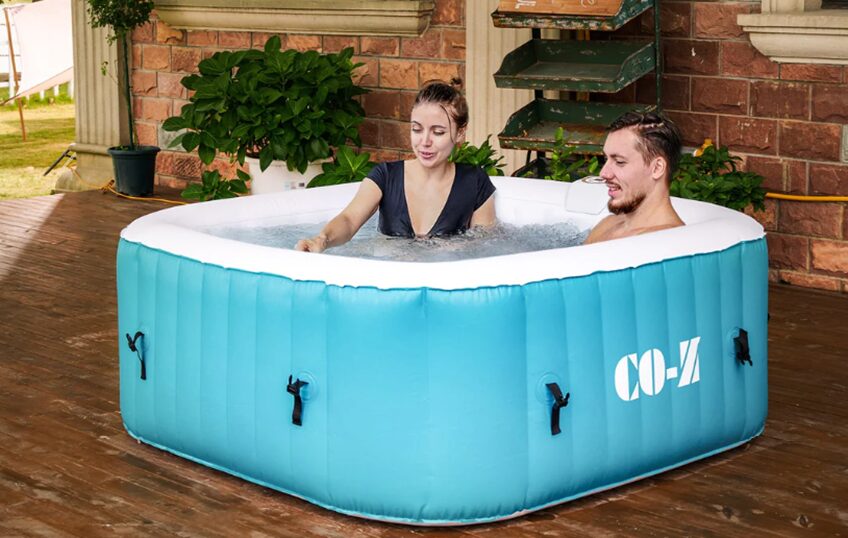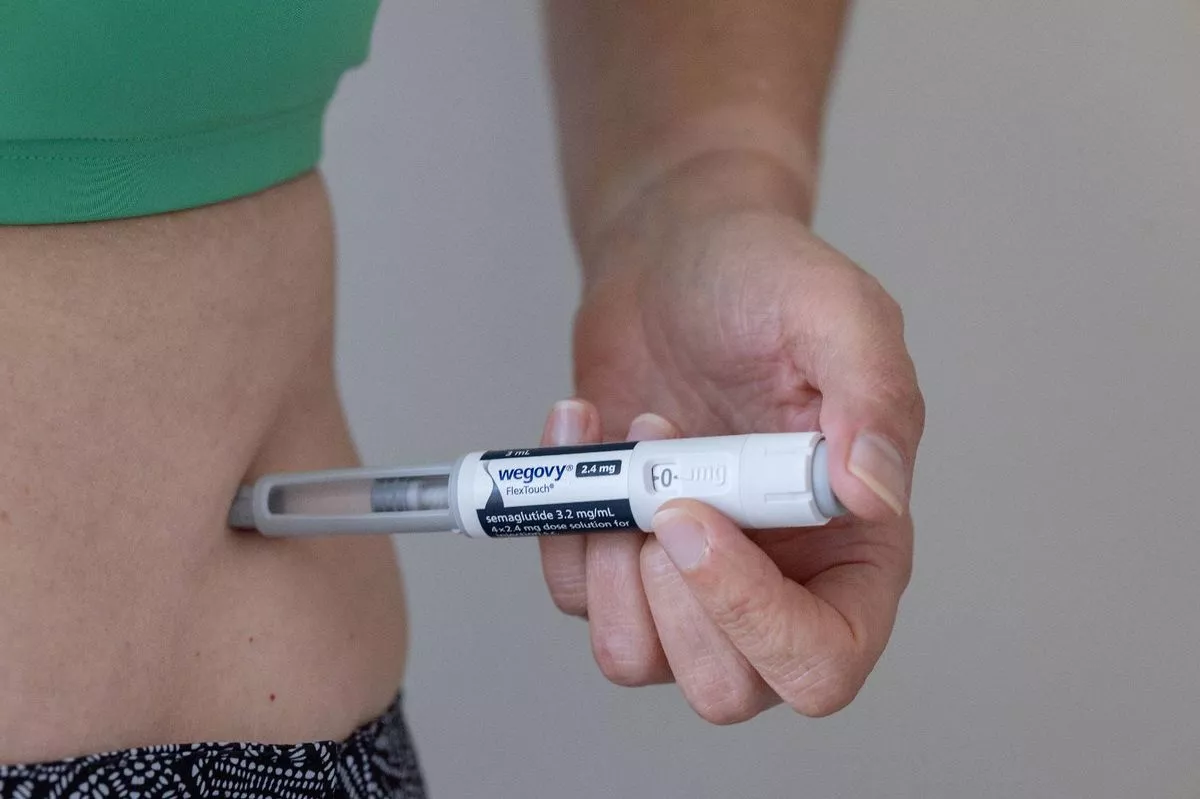Research has increasingly highlighted the mental health benefits of warm water therapy, particularly through the use of inflatable hot tubs. These therapeutic tools offer an accessible way to experience the soothing effects of hydrotherapy in the comfort of home. From reducing stress to enhancing sleep quality, the advantages of regular warm water immersion are significant for overall mental well-being.
The Science of Warm Water Therapy
The appeal of warm water goes beyond simple comfort; there is substantial science backing its benefits. Immersion in warm water promotes increased blood circulation and oxygen flow throughout the body. This process alleviates physical tension, allowing the body to relax. As relaxation occurs, the parasympathetic nervous system activates, leading to a decrease in heart rate and a calming effect on the mind.
According to various studies, hydrotherapy can effectively reduce symptoms of stress and anxiety, and even mild depression. The buoyancy of the water lessens strain on muscles and joints, sending signals to the brain that it is safe to unwind. This physical relaxation often manifests as mental clarity, making warm water therapy an effective holistic approach.
Stress Reduction and Improved Sleep
For many individuals, modern life is rife with stress. Taking time to soak in a hot tub can serve as a reset for both body and mind. Warm water exposure can lower levels of cortisol, the hormone associated with stress, while simultaneously encouraging the release of endorphins—natural mood enhancers.
The sensory aspects of a hot tub experience, such as the gentle pressure of water and the soothing sounds of bubbling, can significantly contribute to mental calmness. Creating a peaceful environment with soft music or ambient lighting can further enhance the experience.
Improving sleep quality is another noteworthy benefit. A warm soak raises body temperature, and the subsequent cooling down process signals the body that it is time for rest. This transition can promote the production of melatonin, the hormone responsible for regulating sleep cycles. Soaking for just 20 to 30 minutes before bed can lead to deeper, more restorative sleep.
Enhanced mood is another advantage of warm water therapy. The release of endorphins and serotonin during a soak naturally elevates mood, helping to combat feelings of sadness and anxiety. Additionally, the hot tub environment can become a mindful space, allowing individuals to disconnect from digital distractions and focus on their breathing and surroundings.
Social Connections and Accessibility
Inflatable hot tubs not only support individual well-being but also foster social connections. Enjoying a soak with a partner or friends can deepen emotional bonds and facilitate meaningful conversations. Social interaction plays a critical role in mental wellness, and the stress-free environment of a hot tub enhances the quality of these moments.
One of the most appealing aspects of inflatable hot tubs is their accessibility. Unlike traditional spas, these portable tubs are lightweight and easy to set up, allowing individuals to enjoy the benefits of hydrotherapy without the need for professional installation or extensive maintenance. Many models come equipped with built-in temperature controls and comfortable seating, making it convenient to enjoy warm water therapy at any time.
Inflatable hot tubs also offer an affordable option for those seeking to prioritize their wellness. Whether in a small backyard, on a patio, or in a rented space, they provide a personal oasis that fits various lifestyles.
In a fast-paced world, taking time for self-care is essential. Utilizing an inflatable hot tub for warm water therapy represents a straightforward yet effective method for enhancing mental health. From alleviating daily stress to fostering better sleep and nurturing mindfulness, the benefits of soaking in warm water can resonate throughout various aspects of life.
As more individuals discover the advantages of warm water therapy, it becomes clear that investing in one’s mental health does not have to be complicated or costly. Stepping into the warm water can serve as a simple yet profound act of self-care, allowing individuals to unwind and rejuvenate.







